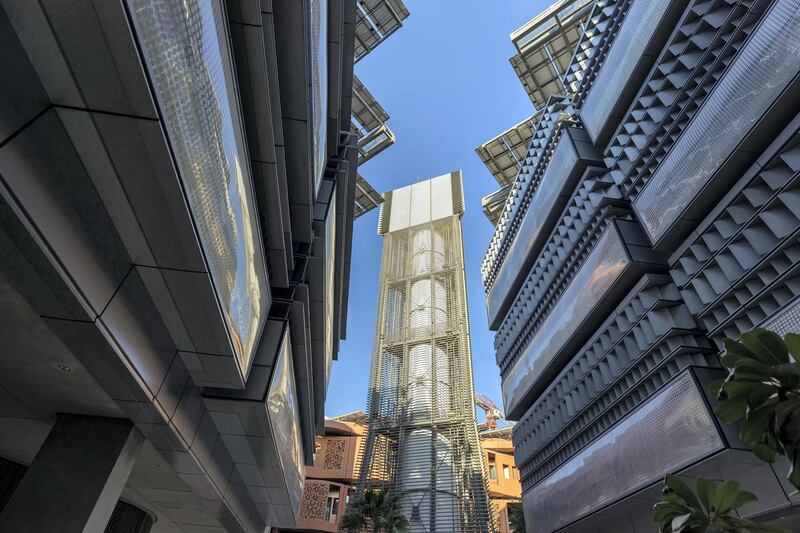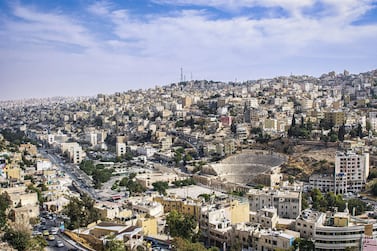Abu Dhabi renewable energy company Masdar and Tribe Infrastructure Group said on Saturday that they had formed a joint venture to develop utility-scale waste-to-energy projects in Australia.
The new company will also support the delivery and management of the projects.
“Masdar has been a great champion of the energy-from-waste sector. We are honoured to see Masdar and Tribe come together to establish a joint-venture company and I hope this can pave the way for future collaboration in additional sectors,” said Christopher Pyne, a former Australian defence minister.
The collaboration will help reduce the amount of waste that ends up in landfill across Australia.
The country generated about 67 million tonnes of waste between 2016 and 2017, according to official statistics.
While core waste, estimated at 54 million tonnes is repurposed, the rest ends up in landfill. However, only about 2 per cent of the waste is converted to energy, which is lower than the rate of conversion in other developed countries, particularly in Europe.
Australia is an attractive investment case for waste-to-energy projects amid a widespread push to decarbonise the economy.
The announcement came after the acquisition by Masdar and Tribe of a 40 per cent stake in the East Rockingham Waste-to-Energy project in western Australia in January this year.
Construction on the $377 million greenfield plant, which is 40 kilometres south of Perth, is ongoing and the plant is expected to be operational by late 2022.
Other international partners include Spain’s Acciona, Japan’s Hitachi Zosen and John Laing Investments.
The plant will process 300,000 tonnes of “non-recyclable residual municipal, commercial and industrial waste” and 30,000 tonnes of biosolids each year.
About 70,000 tonnes of bottom ash used in roads and other construction materials will also be recovered.
The plant will also generate 29 megawatts of baseload renewable energy that can power more than 36,000 homes and displace more than 300,000 tonnes of carbon emissions each year.
Masdar and Tribe also became equity partners in the Maryvale Energy-from-Waste project in the state of Victoria in October.
The project will process 325,000 tonnes of non-recyclable residual landfill waste to generate steam and electricity, displacing gas and coal-fired power.
The Maryvale project requires an investment of $369m and is expected to create more than 500 jobs in Victoria’s Gippsland region.
Opal Australian Paper and Suez are also stakeholders in the project, with Acciona chosen as the main construction partner.
The project will lower greenhouse gas emissions in the state by more than 270,000 tonnes annually and generate sufficient electricity to power about 50,000 homes, the partners said.
“The Australian energy-from-waste sector provides excellent potential in the long-term,” said Masdar chief executive Mohamed Al Ramahi.
“The signing of this agreement is a reflection of Masdar’s global clean energy ambitions and will further support Australia’s road map towards a low-carbon future.”








